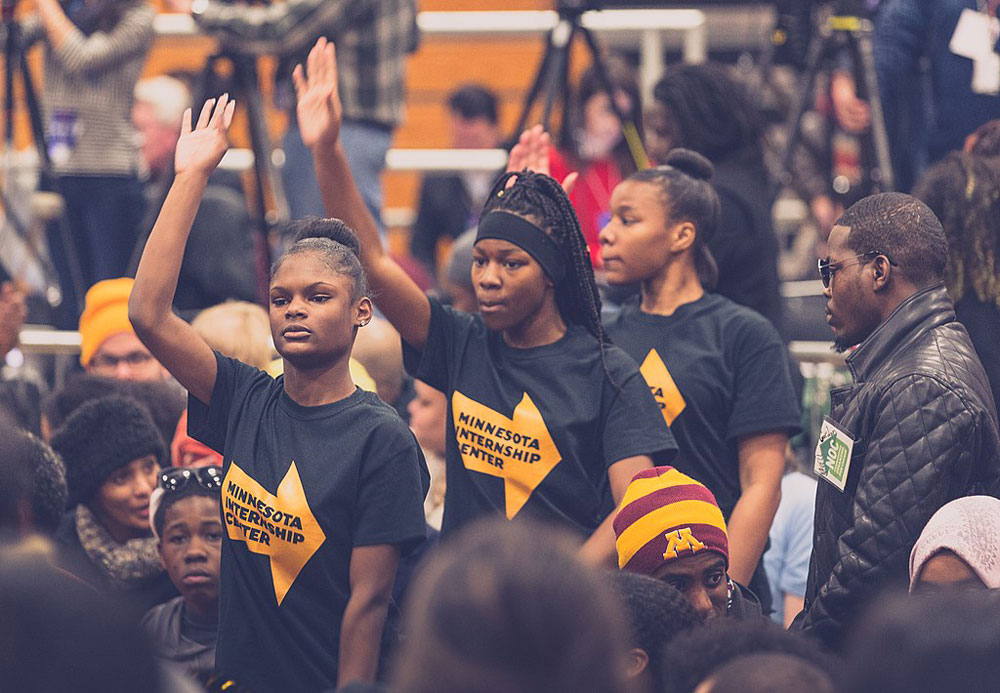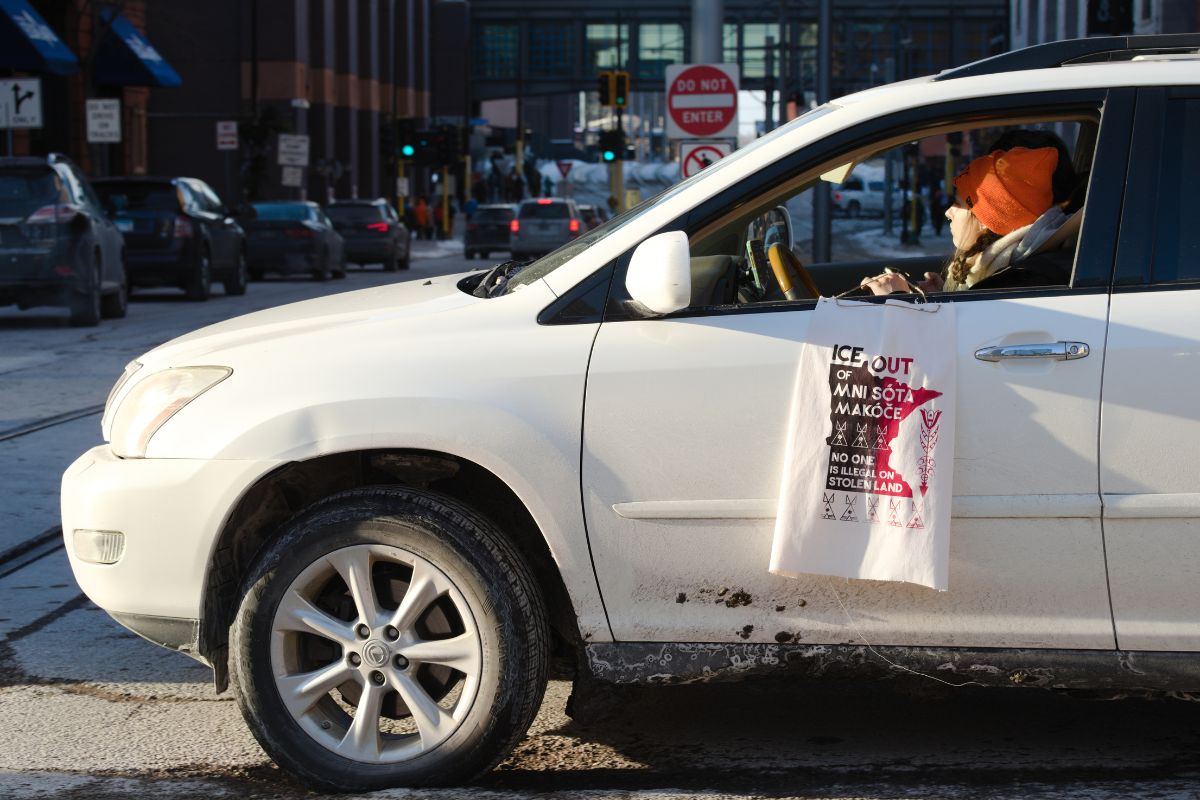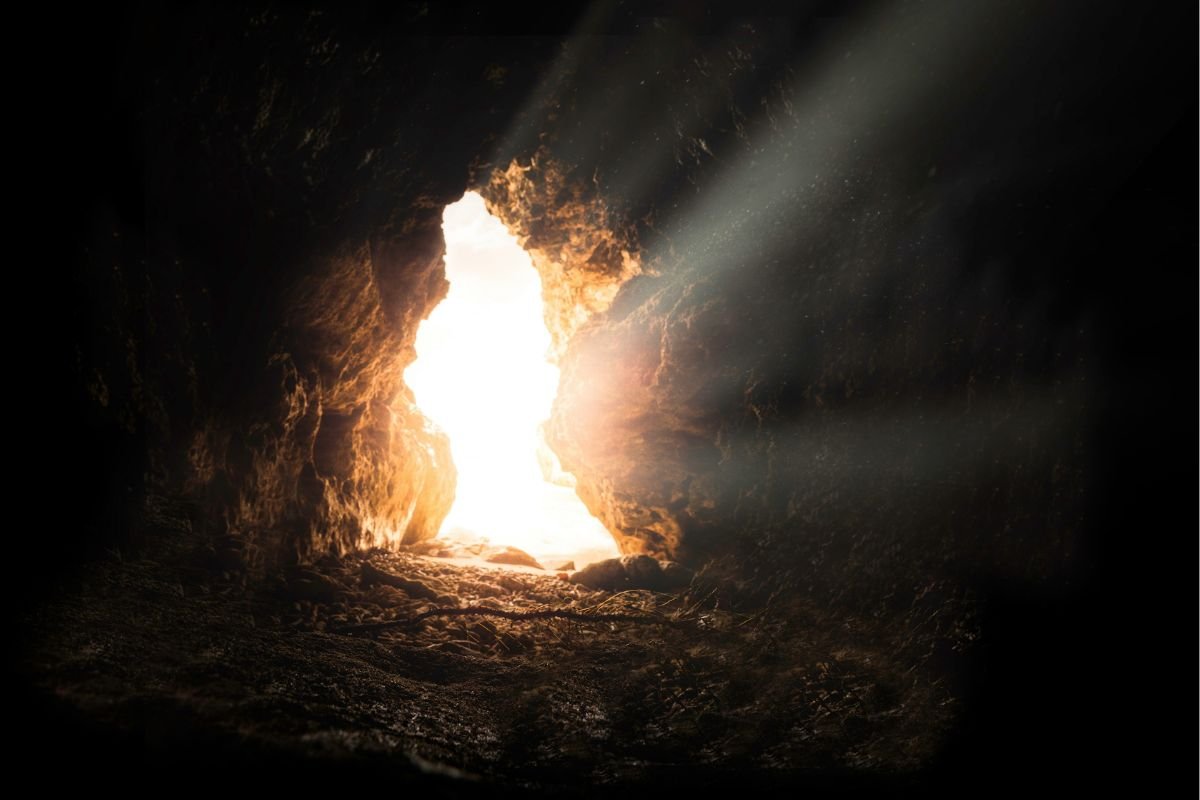
June 3, 2020; Teen Vogue
You know a new political generation has arisen when an article in Teen Vogue on youth organizing begins with a reference to a 19-year-old “veteran organizer.”
At the end of last year, we at NPQ highlighted as our top trend of the year the rise of a new generation that “makes itself heard and felt in the public sphere.” We noted back then, “What distinguishes many of these movements is a willingness to challenge the status quo and not accept as normal what have been considered mainstream, bipartisan, standard policy prescriptions. How this wave of activism is ultimately integrated in our society remains to be seen, but already these movements have upended many mainstream ‘common sense’ assumptions.”
One trend that’s clearly emerging in the hundreds of protests taking place across the US is the prominent role played by youth-led organizations and young organizers. The 19-year-old organizer lifted up by Teen Vogue is Nupol Kiazolu, who is president of Black Lives Matter of Greater New York. Back in 2017, Kiazolu “stood nose-to-nose with Nazis in Charlottesville,” writes Sarah Emily Baum. For a time, Kiazolu was supporting the protests in Minneapolis, although she has since returned home.
It may be risky to protest in the midst of a pandemic, but Kiazolu points out that simply being alive as a Black woman in the US is inherently risky. “At the end of the day, whether I sit at home or I’m on the front lines, I could be killed just for the color of my skin. If anything were to happen to me, I would want it to be for a righteous cause,” she tells Baum.
Kiazolu is one of many youth organizers. In Oakland, California, Sydney Johnson in Ed Source notes the prominent role that youth played in a 15,000-person protest. The march pointedly began at a high school before heading to City Hall. Krystal Situ, who graduated high school this year, tells Johnson, “This is really important, and people aren’t listening. There is only so much you can do on social media.” Oakland Tech, the high school where the march started, notes Johnson, has been known as a site of activism in the city for decades.
Sign up for our free newsletters
Subscribe to NPQ's newsletters to have our top stories delivered directly to your inbox.
By signing up, you agree to our privacy policy and terms of use, and to receive messages from NPQ and our partners.
In Dallas, Texas, the Dallas Morning-News reports that a group of over 200 students from the Greater Dallas chapter of March for Our Lives marched for over an hour in McKinney, Texas, a suburb to the north of Dallas. “We’re the people who are going to be living in this world for the longest,” Sydney Brown told local television station WFAA-TV. “So, we need to make sure that we are safe in the world that we feel comfortable living in and that we created ourselves.”
Young students of color could be seen leading protests in many other cities, ranging from New York City to Brattleboro, Vermont to the Seattle suburb of Renton.
Police respect of student demonstrators varies from place to place. Baum reports that a 20-year premed student who asked that her name not be disclosed says that she was holding a sign in the middle of the street, when she was arrested for disorderly conduct for refusing to comply with requests to move back. In Omaha, Nebraska, Josie Kantras, an 18-year-old student, tells Baum she saw police misconduct firsthand. On Saturday, while tearfully chanting, “I can’t breathe,” she recalls seeing a group of officers, none of them Black, openly laughing at demonstrators.
One challenge many demonstrators of all ages face has been dealing with outsiders who seek to stoke resentment. For instance, in Los Angeles, two white women were caught on camera tagging a Starbucks with BLM (Black Lives Matter) markings. Kiazolu tells Baum that she has seen similar actions “with my own two eyes.” In Minneapolis, she says she and other Black organizers engaged in de-escalation tactics—for example, standing between police and protesters to keep people safe.
Kiazolu adds that despite the horror of the murder of Floyd and the challenges of dealing with police and provocateurs, the protests have left her more optimistic than before: “I’ve never thought this time would come, that people would get this riled up over Black lives. It never seemed that important for people outside the Black community, so seeing this kind of solidarity is shocking—but it’s also inspiring.”—Steve Dubb












